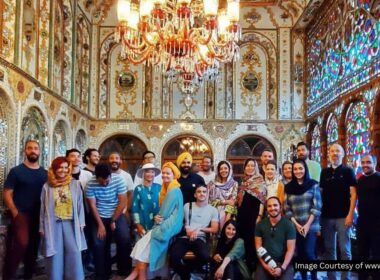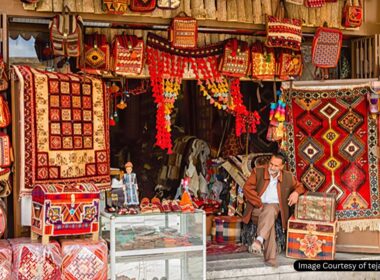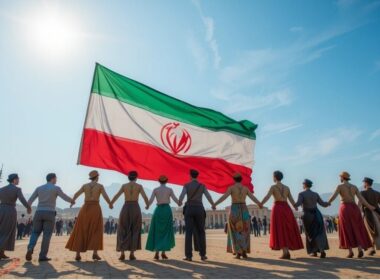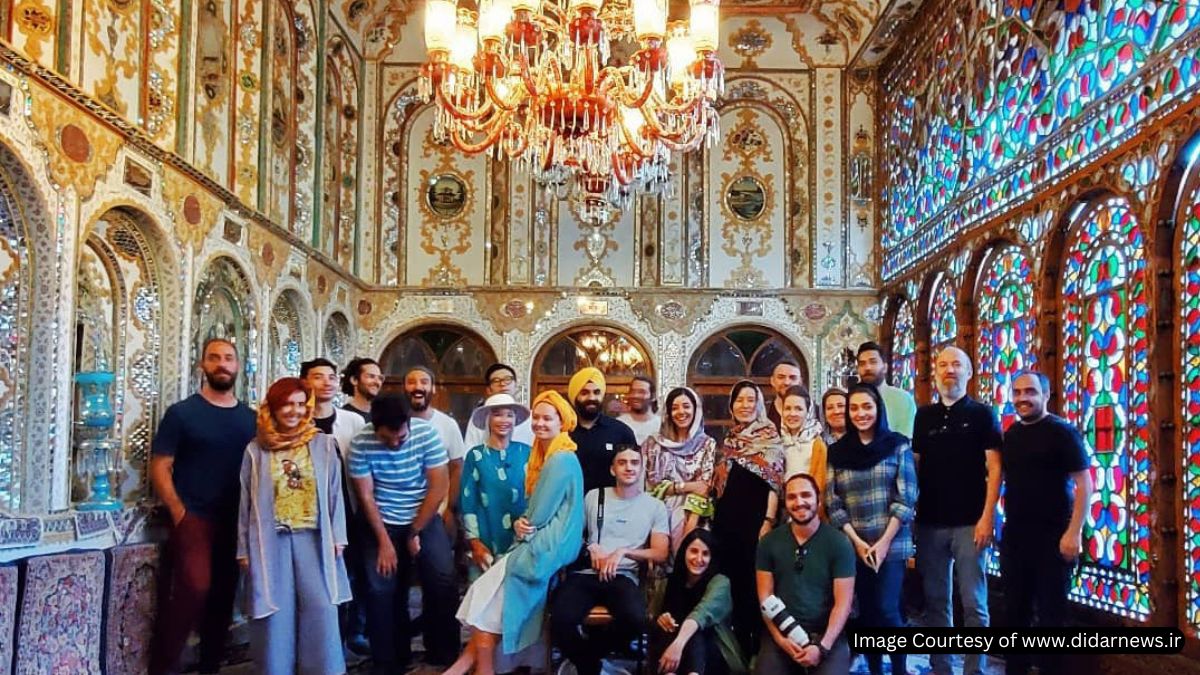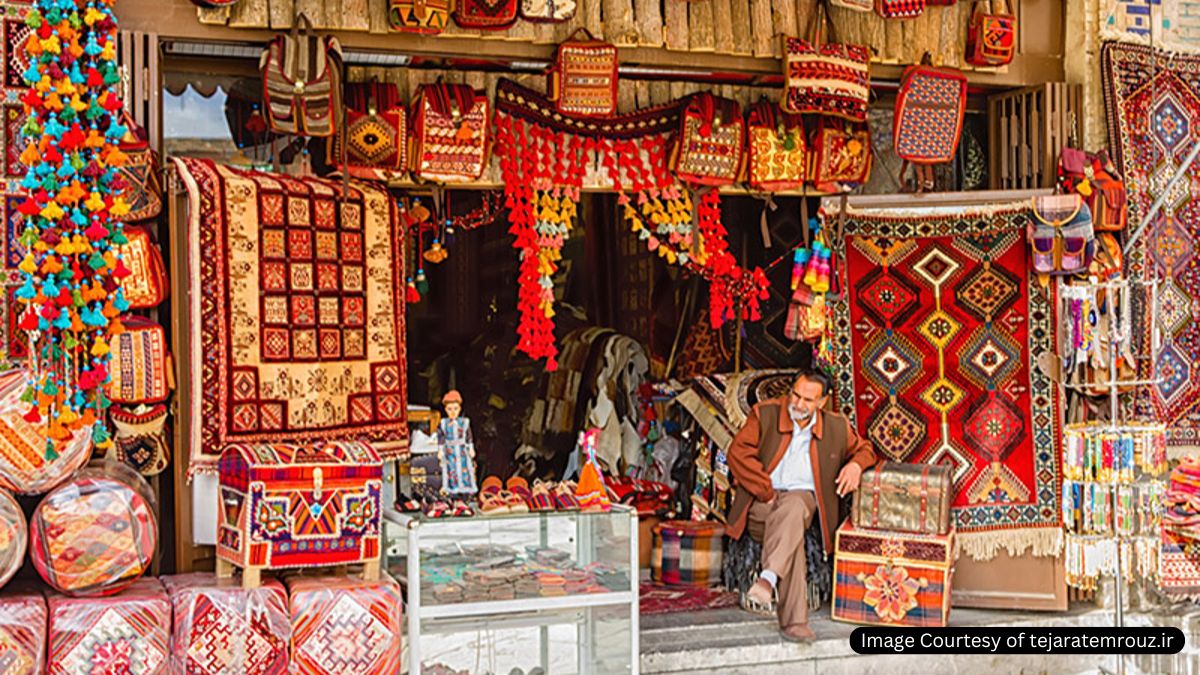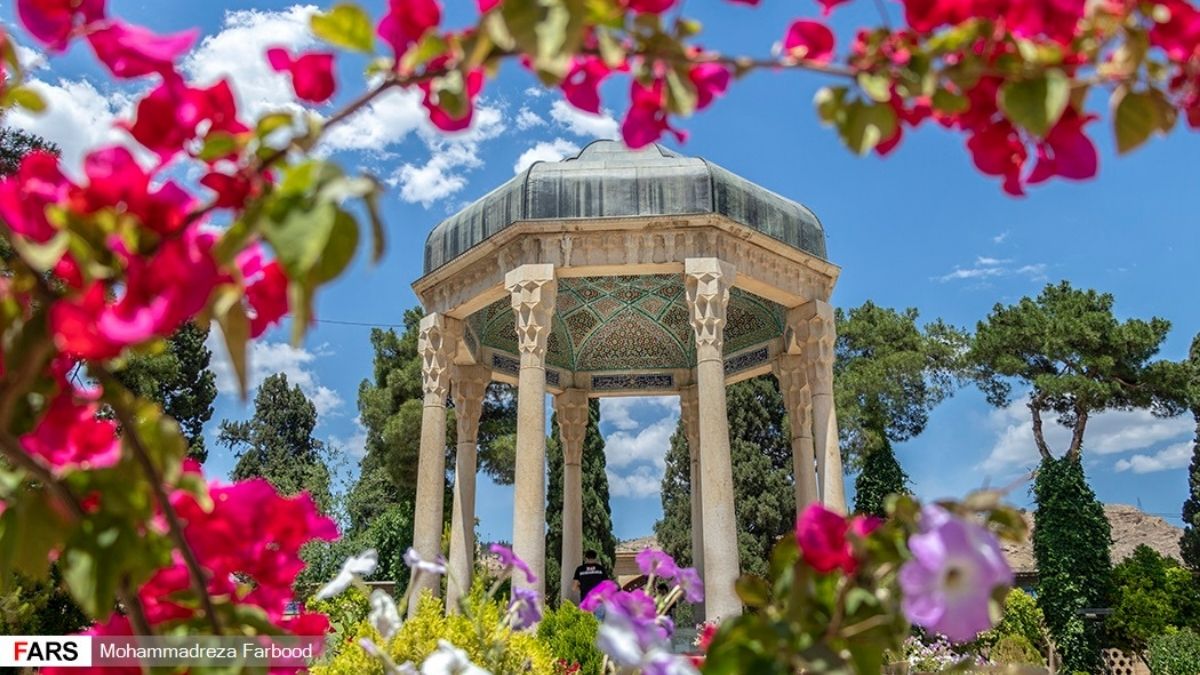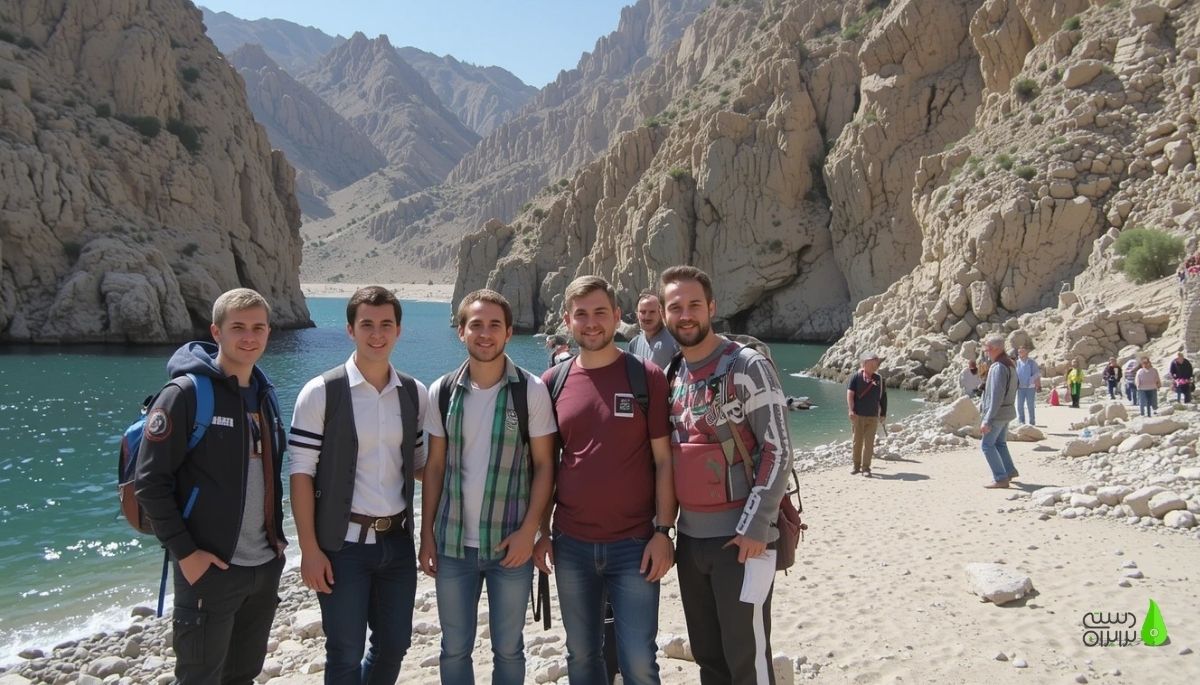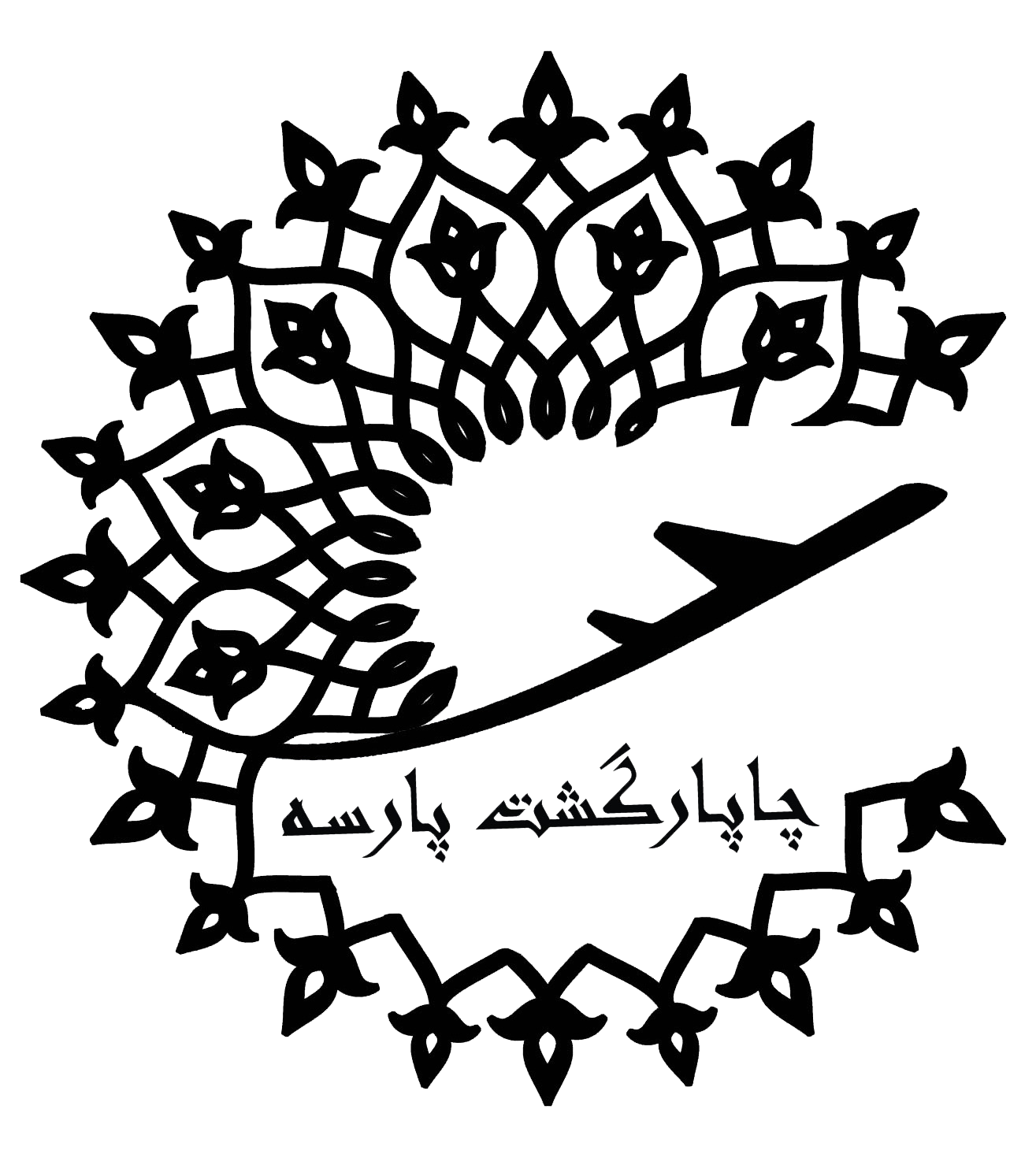Traveling to Iran offers a mesmerizing blend of ancient history, vibrant culture, and breathtaking landscapes. While planning your adventure, you might wonder: Should I book through a local tour company? The answer depends on your priorities, but local tour operators often provide unmatched value, expertise, and authenticity. Here’s why they’re a perfect fit for many travelers.
For Travelers Who Crave “Insider’s Insights”
If you’re the type of traveler who wants to experience Iran like a local—not just tick off famous landmarks—then a local tour operator is your ultimate ally. They offer more than just logistics; they provide cultural keys to unlock stories, traditions, and hidden corners that guidebooks often miss. Here’s how they deliver unparalleled insider access:
| Aspect | Local Tour Operator | Generic Tour |
|---|---|---|
| Cultural Depth | Stories from local historians/artisans | Basic historical dates |
| Access | Private homes, workshops, ceremonies | Public sites only |
| Interaction | Meet locals (farmers, artists, nomads) | Limited to guides & tourists |
| Flexibility | Adapts to your interests (e.g., photography, food) | Based on prepared plan |
1. Cost-Effective Travel
Local operators are less expensive than international agencies. They offer competitive pricing without compromising quality by cutting out middlemen and leveraging local partnerships. You’ll save on:
- Guides: Expert local guides charge fair rates compared to other countries’ tour guides.
- Accommodation: Access family-run guesthouses in Yazd or boutique hotels in Shiraz, often 20-30% cheaper than international booking platforms.
- Transportation: Local drivers know fuel-efficient routes and avoid toll-heavy highways. For example, a Tehran-to-Mashhad flight booked locally can cost half the price of international sites.
2. Deep Knowledge of Less-Known Attractions
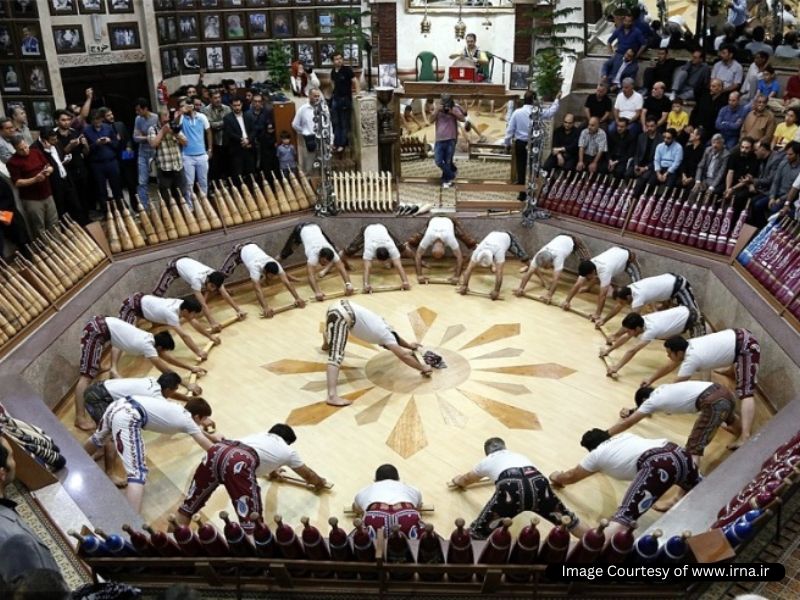
Local operators know attractions better—not just the iconic sites like Persepolis or Naqsh-e Jahan Square, but also lesser-known treasures. Think:
- Attend a Zurkhaneh (traditional Persian gymnasium) session in Yazd, followed by a chat with athletes.
- Learn to cook Fesenjan (pomegranate-walnut stew) in a Gilaki village kitchen.
- Discover Shiraz’s poetry circles, where locals recite Hafez by heart.
3. Cultural Context You Can’t Google
Iran’s customs and logistics can puzzle outsiders. Local operators decode these complexities:
- Language Barriers: Less than 20% of Iranians speak English fluently. A local guide translates and explains subtleties, like why Iranians say “no” twice before accepting tea.
- Permits & Access: Securing permits for remote areas (e.g., Kurdish villages or military-border zones) requires insider know-how.
- Authentic Experiences: Dine with a Bakhtiari nomad family in Zagros, or join a Shirazi poet reciting Hafez under cypress trees.
4. Behind-the-Scenes Access
Local operators leverage their community ties to take you beyond the tourist facade. Think:
- Visiting a Qajar-era family home in Kashan for tea with descendants of Silk Road traders.
- Joining a nomadic Qashqai family in the Zagros Mountains during their seasonal migration.
- Exploring private art galleries in Tehran, curated by emerging Iranian artists.
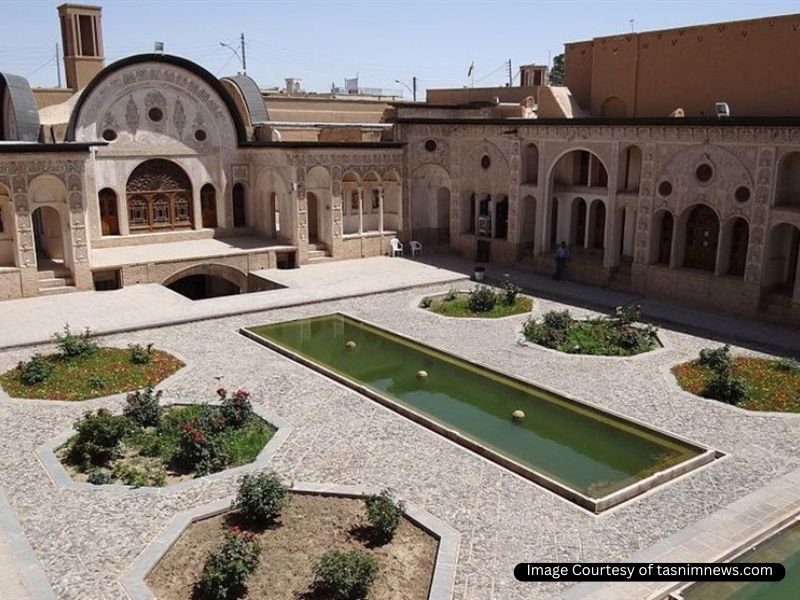
Who Benefits Most from a Local Tour Operator?
Such operators cater to travelers who want more than a checklist of sites. They’re ideal for:
- Budget Explorers: Backpackers, students, or families prioritizing value.
- Culture Enthusiasts: History buffs, photographers, or foodies craving immersive experiences.
- Adventure Seekers: Trekkers aiming for Mount Damavand or divers exploring Persian Gulf coral reefs.
- Solo Travelers: Especially women, who benefit from local support in navigating cultural norms.
Local vs. International Operators: A Quick Comparison
International operators often subcontract to local partners anyway—cutting them out saves money and ensures direct communication.
| Factor | Local Operator | International Operator |
|---|---|---|
| Cost | 30–50% cheaper; direct local partnerships | Higher due to commissions & overhead |
| Local Knowledge | Expertise in niche areas (e.g., Qajar art) | Broad but generalized |
| Customization | Tailored daily; e.g., add a pottery workshop | Fixed itineraries with limited flexibility |
| Cultural Access | Invitations to homes, workshops, and ceremonies | Rare; relies on public venues |
| Problem-Solving | Immediate on-ground support (e.g., flat tire) | Delayed; depends on third parties |
Tips for Choosing a Local Operator
Overall, working with a local company can be highly beneficial for those who value deeper insights. They not only provide a richer travel experience but also help us connect more profoundly with the new and fascinating world we are exploring. If you’re looking for an unforgettable journey, be sure to consider this!
- Verify Credentials:
- Check registration with Iran’s Cultural Heritage, Handicrafts, and Tourism Organization.
- Look for partnerships with global bodies like IATA or Sustainable Travel International.
- Read Between the Reviews:
- Platforms like TourRadar or TripAdvisor highlight consistency.
- Seek mentions of guides’ expertise (e.g., “Ali knew every corner of Persepolis!”).
- Ask the Right Questions:
- “Can we visit a local home in Abyaneh Village?”
- “Do your guides speak regional dialects (e.g., Gilaki or Kurdish)?”
- Clarify Inclusions:
- Ensure visa support (critical for Americans, Brits, and Canadians).
- Confirm if entrance fees (e.g., Golestan Palace) are included.
Hire a Local Tour Guide in Iran
Local operators don’t just show you Iran—they let you feel it. Whether you’re sipping saffron tea in a Tabriz carpet-weaver’s studio or stargazing in the Maranjab Desert with a Bedouin-style guide, these moments turn trips into transformative journeys.
Frequently Asked Questions
If you have any other questions about local travel agencies in Iran, let us know in the comments. We will respond as soon as possible.
What Does a Tour Operator Do?
A tour operator plans, organizes, and operates travel itineraries, handling logistics like accommodation, transportation, guides, and activities.
Who Are Domestic Tour Operators?
Such tour companies are businesses based within Iran that cater primarily to inbound travelers (international visitors). They focus on showcasing Iran’s attractions through local expertise.
What is a “Local Tour”?
A local tour emphasizes hyper-regional experiences guided by residents deeply familiar with the area. For example, a Yazd-based operator leads a desert architecture tour.
Why Choose a Local Operator Over Planning by Myself?
You can avoid inflated tourist prices for transport, hotels, and guides. There is no need to research permits, routes, or seasonal closures (e.g., desert roads in summer). They help navigate language barriers and visit restricted sites or attend local festivals.


